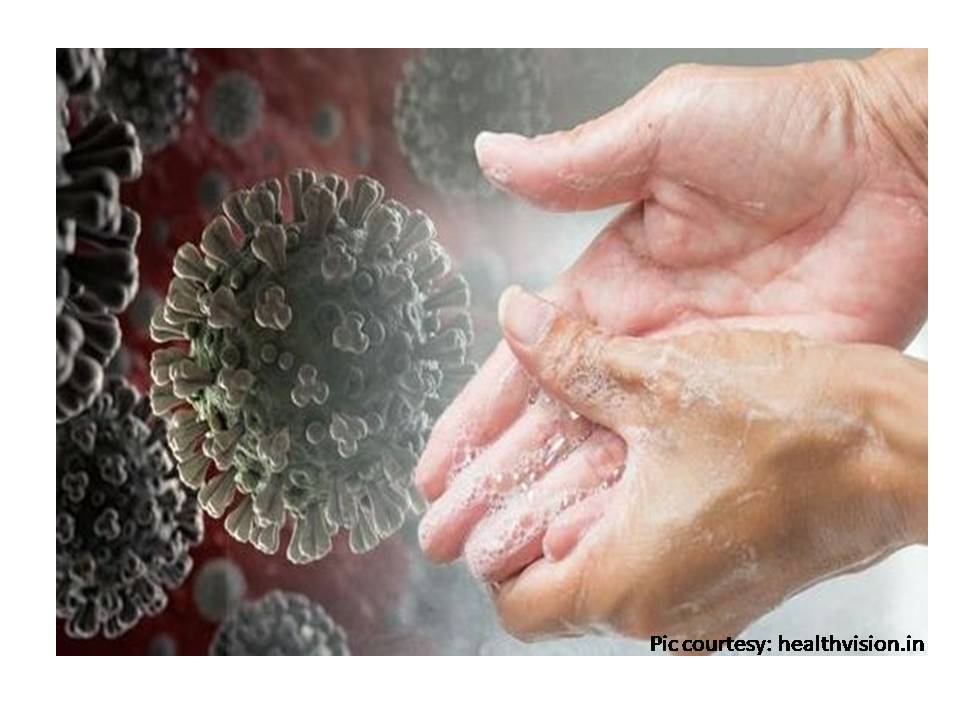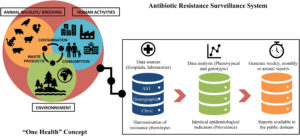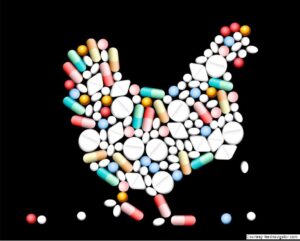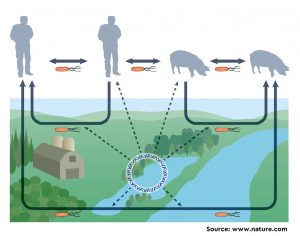The use of antibiotics in the treatment and prevention of COVID-19 caused by novel coronavirus—SARS-CoV-2 is raising. Antibiotics have reasonable roles in the management of COVID-19particularly to treat suspected or confirmed bacterial co-infections. The World Health Organization has advised that antibiotics should not be used for the purposes of treating COVID-19 except in the presence of bacterial co-infections. Recent evidence suggests that a very high proportion of COVID-19 patients is being unnecessarily treated with antibiotics. Overuse of these antibiotics can stimulate antimicrobial resistance (AMR) in acute care settings.
The increased use of antimicrobials can have serious consequences on the environment. A high proportion of these drugs in bioactive forms is excreted into the wastewater from where they may enter in natural systems. The release of antibiotic-resistant bacteria along with a large number of antibiotics to the wastewater would spur the antimicrobial resistance and other unintended consequences on the environment. Handwashing with plain soap and water for 20 seconds has been recognized as the first-line defense against COVID-19. Common soaps are effective at inactivating the enveloped viruses, for which antibacterial soaps are not required. The high amount of biocides present in antibacterial products increase its presence in the wastewater. The antimicrobial chemicals from soaps could occur in wastewater biosolids at a higher magnitude than the concentrations of antibiotics.
Along with the antibiotic stewardship principles, the development of an antimicrobial policy specific for COVID-19 is urgently needed. Intensive information campaigns regarding the environmental impact of misusing antibacterial products should be launched and Governments should ensure that advertising material and message of hygienic products are aligned with COVID-19 guidelines.
To read the entire article, please visit the website of ScienceDirect: Link







